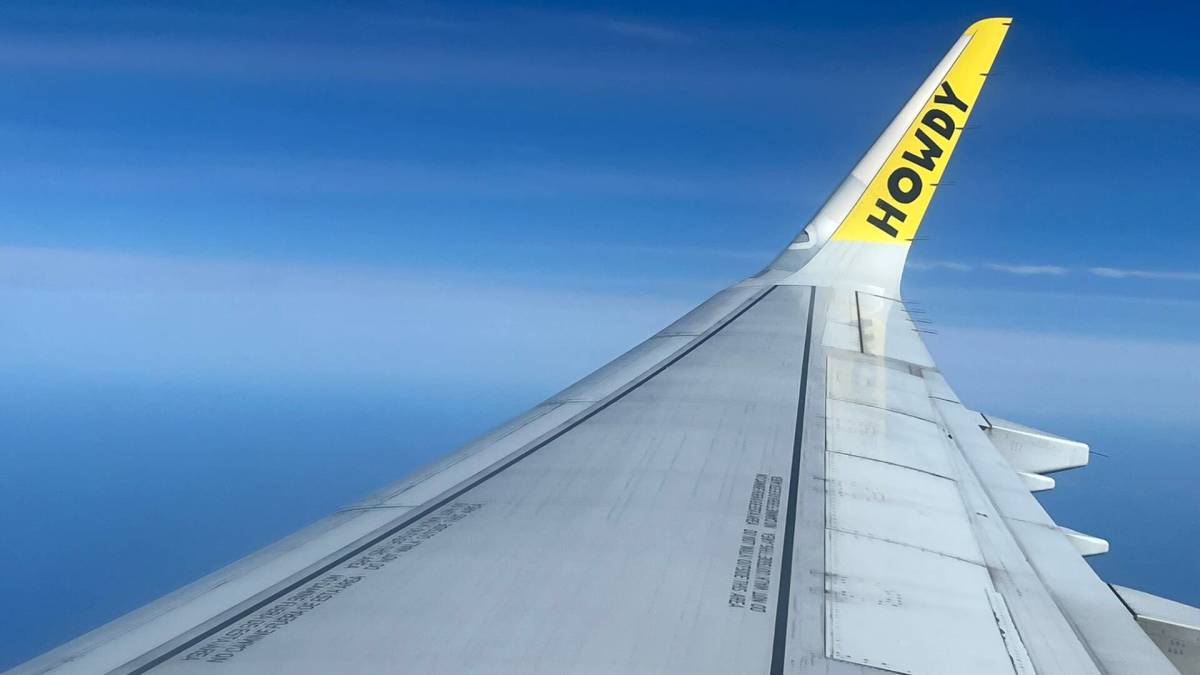
Ever since a federal judge blocked JetBlue (JBLU) 's plan to acquire low-cost competitor Spirit Airlines (SAVE) at the start of 2024, speculation around a potential bankruptcy has continued to swirl.
While some analysts immediately said that there were very “limited scenarios that enable Spirit to restructure,” the airline’s leadership repeatedly reassured investors that bankruptcy was not on the horizon — until, at the start of this month, when the Wall Street Journal broke the news that it was one of the possibilities being explored in backroom talks.
Related: Spirit Airlines execs sound warning about worrisome trend
This sent Spirit shares into a tailspin, causing the stock to fall to a record low of $1.50 on Oct. 4.
Spirit Airlines is not going bankrupt yet; refinancing debt
While the airline’s shares have floundered just above that mark in the three weeks since, some major news has brought it back up to $2.30 by the end of Oct. 22. Spirit has reached a debt refinancing agreement that allows it to temporarily push off bankruptcy threat.
More on retail and bankruptcy:
- Walmart store closing, auctioning off laptops and flat screen TVs
- Home Depot CEO sounds the alarm on a growing problem
- Famous restaurant files for Chapter 11 bankruptcy
The specifics, which Spirit reported in an 8-K filing to the U.S. Securities and Exchange Commission (SEC) on Oct. 18, are that creditors Visa (V) and Mastercard (MA) have agreed to push back the $1.1 billion loyal bond debt Spirit has accrued with them until Dec. 23 (the airline’s total debt adds up to over $3.3 billion).
The carrier was also able to secure an additional $300 million in revolving debt from the same creditors, granting it a total of approximately $1 billion in liquidity.
While all of this essentially means the airline has pushed back payment of a high debt load until a later day, it does provide Spirit with the funds necessary to continue operating until at least the end of 2024.
"Spirit has to address debt payment timing and resizing the fixed cost structure, and it is still unclear if this can be completed with/without Chapter 11," Raymond James Managing Director and Analyst Savanthi Syth told Reuters.
Related: Get the best cruise tips, deals, and news on the ships from our expert cruiser
These are the reasons Spirit has been struggling since the pandemic
Following the news, Spirit stock soared by as much as 73% on Monday morning before closing the day at $2.05. This is a 52-week high for the airline but a major drop from when stock reached as high as $5 during the height of the covid-19 pandemic in 2020.
Since then, the airline has tried multiple strategies to bring in new customers and keep up with competitors. However, it ultimately struggled with rising costs while also needing to maintain the rock-bottom prices to which its customers have grown accustomed.
As part of its efforts to rework and ultimately improve its profit stream, Spirit has recently left behind its longstanding model of selling a base fare and having passengers pay for every other extra to instead have four separate fare classes. After competitor Frontier Airlines (FRON) committed to doing the same a few weeks earlier, Spirit also eliminated the fee for changing one’s flight on top of any fare difference.
"What we've seen over time is that less people are actually flying on Spirit," Chief Commercial Officer Matt Klein said during a CBS interview in July 2024. "So we believe the changes we're making are about attracting new customers."


.png?w=600)




